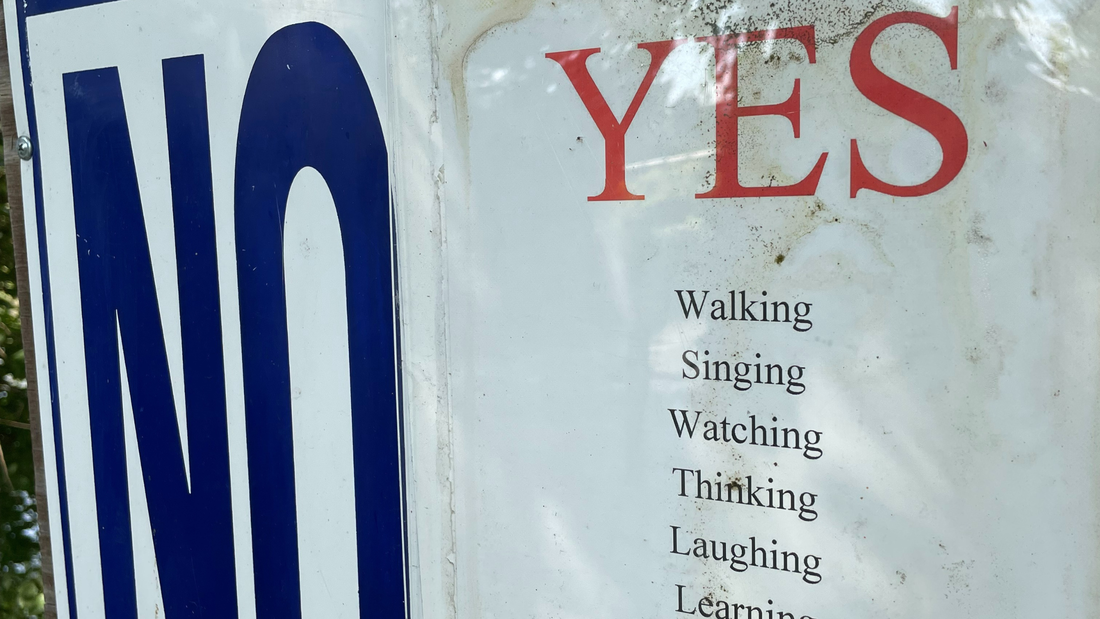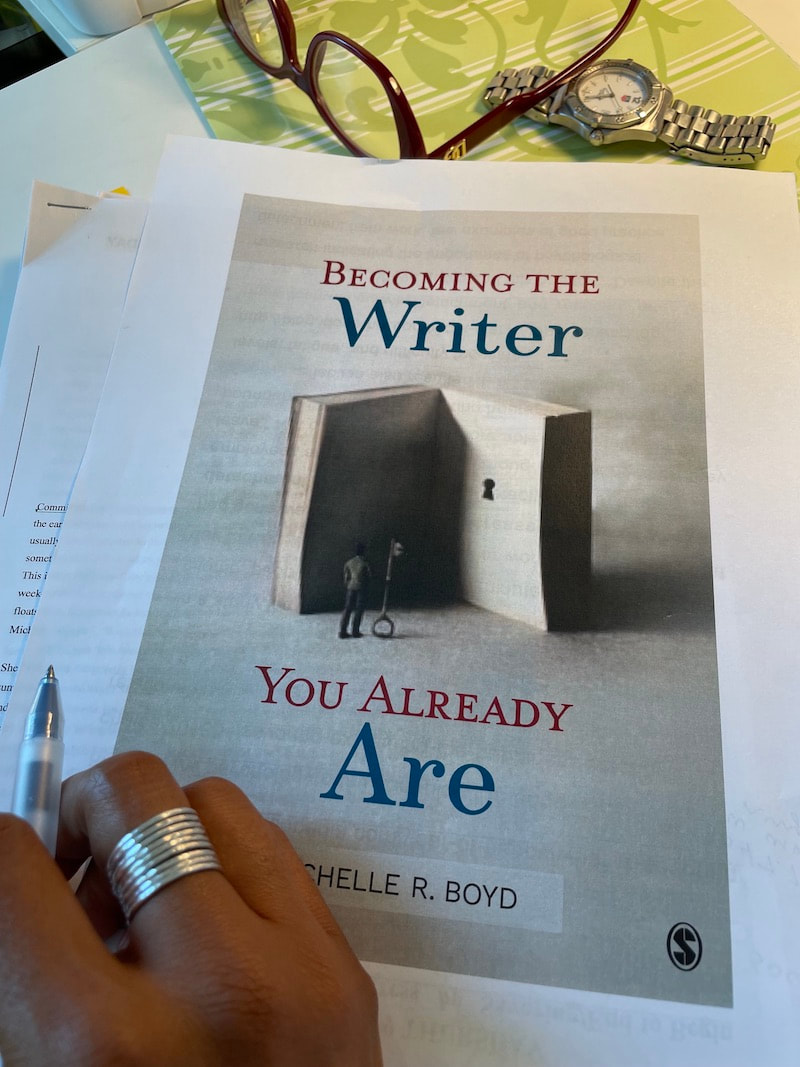“I love deadlines. I love the whooshing noise they make as they go by.” ― Douglas Adams Just last month we were at the Midsummer Stretch. And now? Unless you’re one of the lucky ones on the Quarter system, we’re in what one Composed alum calls “Preschool.” By which she means, classes haven’t started yet. But boy, are they looming. As a result, I was looking at my To-Do list this week and feeling absolutely buried. It’s not just one list, but 6—one for each program InkWell runs, plus a new one that’s all about the book (news on that below). The Book To-Do list is the worst. It includes items that delight (“Review your Proofs—yay!!”), but also ones that horrify and make me feel 100 years old (“Figure out Twitter”). All the lists have overlapping, interlocking deadlines. And just thinking about them makes me feel faint. When this happens, my impulse (maybe yours too?) is to do one of two things, depending on how much sleep I’ve had. The first is to power through the list, propelled by a jittery, adrenaline-laced panic. The second impulse is to run and hide. I’m partial to science fiction and fantasy novels, and they are exceptional places to spend an afternoon when the To-Do lists become too much. This, my sweet, is the problem with making a Writing Plan—a strategy I suggested to you in last month’s essay. While Writing Plans help to clarify all the things we want to get done during the semester, they also clarify all the things we want to get done during the semester—if you know what I mean. We need to drop something, but we can’t bear to let any of it go. Worst of all, we find ourselves in the same position every year. So, what should we do? * The temptation at this moment is to rely on “priorities” to help us pare down the list of To-Dos. Standard productivity logic says we should pick the thing that matters most, and work on that first/most/most diligently. But the Prioritize & Pare approach presents us with three challenges. The first is that just because we let go of something doesn’t make it feel any less important. I may choose to put Thing 1 first, but secretly I still believe things 2-17 are equally important. And I’m convinced that if I work hard enough on Thing 1, my reward will be to get to the rest of the list (Wait, what? The reward for work is more work?). The second challenge with the Prioritize & Pare strategy is that it assumes that we all agree on what’s important. An example that gets bandied about all the time is that teaching isn’t important for tenure at Research I universities. So, scholars should spend as little time as possible on course prep—be willing to walk into class with a Coke and a smile—and devote all the time you “saved” to writing. The problem, of course, is that many of us (even those of us who are tormented by public speaking) feel that teaching is quite important. And even if we don’t think it’s important, we at least prefer not to humiliate ourselves by inadvertently affirming our students’ biased assumptions of our incompetence. The point is, the terms by which we measure a To-Do’s “importance” can be varied and multiple. So, it’s often hard to stop clinging to it. The final challenge with the Prioritize & Pare approach is that it assumes that whether I do a task should be determined by what that task gives me. When in fact, what life keeps showing me over and over is that whether I do a task should be determined by what it costs me. Can I hustle and do All The Things? Often, I can. But doing so turns me into someone I don’t like very much. Someone who’s too tired to make chilaquiles on the weekend; or play the piano just for fun; or go to the Art Institute cause there’s a Cezanne exhibit up. And my mom got me a membership. And I don’t really know anything about Cezanne and the fact that he sounds kinda boring is actually what makes it interesting, so why the hell not. That person fades away and she gets replaced by—well, by someone whose reward for doing her work is…more work. I don’t like that person very much. * So, this fall I’m trying something new, and I thought I’d share it with you. It’s simple, and ostensibly shouldn’t take a lot of time. But honestly, every time I do it, it stops me in my tracks and forces me to face the most fundamental questions about how I want to spend my limited time on earth. First, I write out all the things I want to do, all the things that seem so pressing, so indispensable. And then I go through each item, one by one, and ask myself: “What will I become by achieving this goal?” The lovely thing about this question is that it immediately zeros in on the real cost of clinging to my To-Dos. For example, the reason the “Figure out Twitter” To-Do feels onerous to me isn’t just because it will take up time. It’s because I’m insecure, and social media amplifies my insecurities. I’m that person who used to love Instagram, until I started spending more time checking my likes than looking for fun, interesting things to capture on my phone. Getting on Twitter has the potential to inflame a part of my personality that does not need to be inflamed. Asking “What will I become?” made that crystal clear. The other nice thing about “What will I become?” is that it leaves room for growth. When my book publicist bossed me into logging on and changing my Twitter bio, I looked around and realized some folks were following me. Friends. Former colleagues. Current and former retreaters. People, in other words, who I could imagine wanting to stay in touch with. People I actually like and who like me back—and not in the social media way. “You don’t have to devote your life to it,” said the publicist. “You just gotta get on a couple times a week and spend half an hour responding to what you see.” Without telling the publicist, I shaved 30 minutes, 2x/week down to 15 minutes, 1x/week. To make myself more comfortable, I started by following only the folks I know. And I made myself an escape hatch: If I start counting likes? I get to shut that shit down. * In other words, once I figure out which things would turn me into someone I don’t want to become, I don’t immediately drop them. I put them in another list, or I highlight them. Then I reread them obsessively. Try to figure out how I could fit them, even though I know it’s too much to do. I might do this for hours, days—sometimes weeks. All the while, I’m working on the things that are both important and worth the cost. Tasks that don’t turn me into someone I don’t want to be. Then, as a result, one of three things happen: sometimes—like with Twitter—I figure out a way to make it work—or at least try it. Other times, I accept that it’s not worth the cost and I take it off the list. Sometimes, I just run out of time. And that works just as well. What I’m trying to say to you is that “What Will I Become” isn’t foolproof. It isn’t tidy. And it isn’t instant. It certainly isn’t easy. But it can provide us with indispensable information about the nature of the choice we’re making. There will always be too much to do. Too much writing, too much service, too much course prep. Too much seems to be the state of the world. But it doesn’t have to be the state of your world. It makes sense that I’m preoccupied with questions about who I’m becoming, in life and in writing, cuz…it’s almost here! If you are too, CLICK HERE to find out what’s inside and preorder now.
Lorena Garcia
8/11/2022 10:29:10 am
Michelle, congratulations on your book!!! Absolutely cannot wait to read it! Thank you for helping me gain another perspective as I confront my feelings of overwhelm now the new semester is very close to starting.
Michelle
8/11/2022 10:33:10 am
Lorena, thank you!!! I'm geeked and can't wait to read yours as well! You knew this book when she was just a twinkle in her mama's eye :) Let's muscle through this semester together!
Elaine
8/11/2022 11:31:08 pm
Love this essay, Michelle! How did you get into my head?
Michelle
8/12/2022 09:50:57 am
So happy to hear it helped Elaine, and that it's not just me! :) And thank you, I hope the book proves helpful. I'm @InkwellRetreats on twitter, I look forward to seeing you there! Comments are closed.
|
|
© 2018 InkWell Academic Writing Retreats
|


